From Journalist to Novelist
“Inside every journalist is a novelist trying to escape.”
So says award-winning columnist Linda Stasi (B.F.A. ’70), who, after more than four decades writing for media outlets such as the New York Daily News, the New York Post, and Newsday, released her inner novelist, publishing The Sixth Station in 2013. She published her second novel, Book of Judas, in 2017. And in 2020, she became a full-time author, preparing to publish her third novel, Ruby’s Lips.
“The news business has changed so much since the pandemic lockdown; the New York Daily News didn’t even have a newsroom anymore,” laments Stasi, who has also authored five nonfiction books and now teaches a class for women journalists who want to write novels. “I loved the excitement of the newsroom, so if I would have to work at home alone, I’d rather travel the world.”
Her travels have been partly pleasure, but also work—serving as both research and inspiration for her writing. The Sixth Station, for example, contains the recounting of her true experience of a trip she took with an elderly exorcist priest from the Vatican to a small monastery in the Italian Apennine mountains where the companions saw the Veil of Veronica. A religious thriller, the novel is named for the sixth Station of the Cross, where Veronica wipes the face of Jesus with the relic, which is said to bear the image of Jesus’ face as he carries his cross to Calvary.
During their visit, the priest became overwhelmed and fainted after viewing photos Stasi took of the relic. “I thought he was dead and that I was going to have to drive him back to the Vatican like Weekend at Bernie’s,” Stasi says, laughing. To her relief, the priest regained consciousness by the next day, and the moment has a permanent record in her first novel, alongside other factual but fictionalized details of her travels around Italy.
As much as she loves the freedom of being an author, Stasi relished the rush and hustle of working in a newsroom, getting her first taste of that excitement while a student at New York Institute of Technology. Despite being an art major, “I just wanted to write,” she says. So, she began working at the student newspaper, the Campus Slate, eventually becoming the publication’s first female managing editor. After graduation, she landed her first professional job at Seventeen magazine.
Since that job, Stasi recognizes the turn her writing life has taken, though she has loved the entire progression. “Journalism and writing fiction are two different worlds,” she says. “Being an author is a solitary job; you don’t have a newsroom editor yelling at you, saying your column is a bunch of crap. I wrote a column every day for the New York Daily News, and I had a really tough editor. I remember the times he would tell me, ‘It doesn’t stink,’ and I was so happy!”
Stasi credits her college education to the success she has enjoyed throughout her career. “New York Tech changed my life. They recognize creative brains, whether in engineering or in the arts,” Stasi says. “There was such a great mix of people—engineering students who thought outside the box, art students who didn’t know there was a box, and business students who were learning to think outside the box. The things I learned about art and literature were so enlightening, and I will take that with me for the rest of my life.”

Alumni Profile: Linda Stasi
Degree: B.F.A. ’70
Current Position: Columnist, Novelist
More Profiles
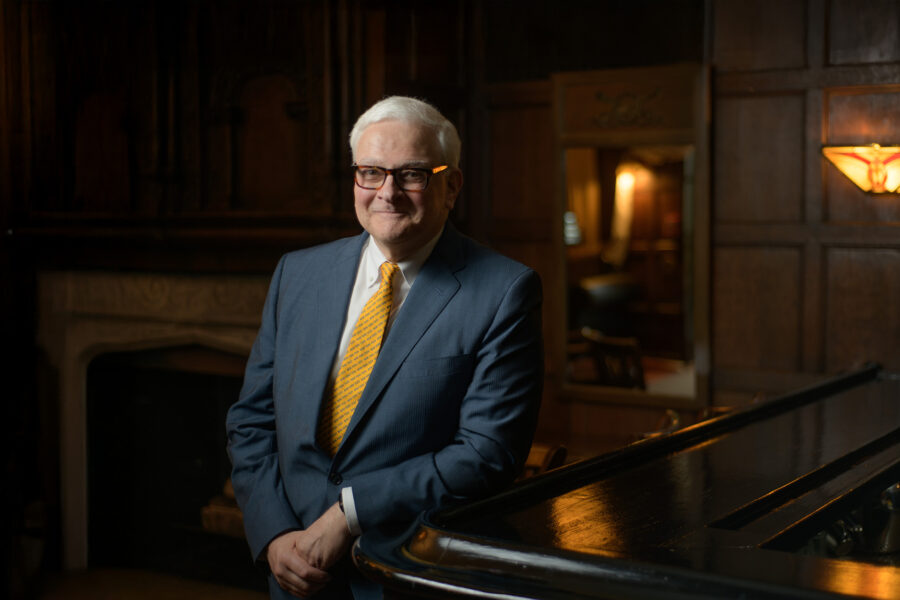
Strength in Leadership
As he prepares to step down as president of New York Tech, we look at Henry C. “Hank” Foley’s legacy of growth, community, and innovation.

Understanding the Cellular Underpinnings of Obesity
In his research, Assistant Professor Henry Ruiz, Ph.D., is looking to understand what makes fat cells grow, which could lead to new and improved obesity treatments.
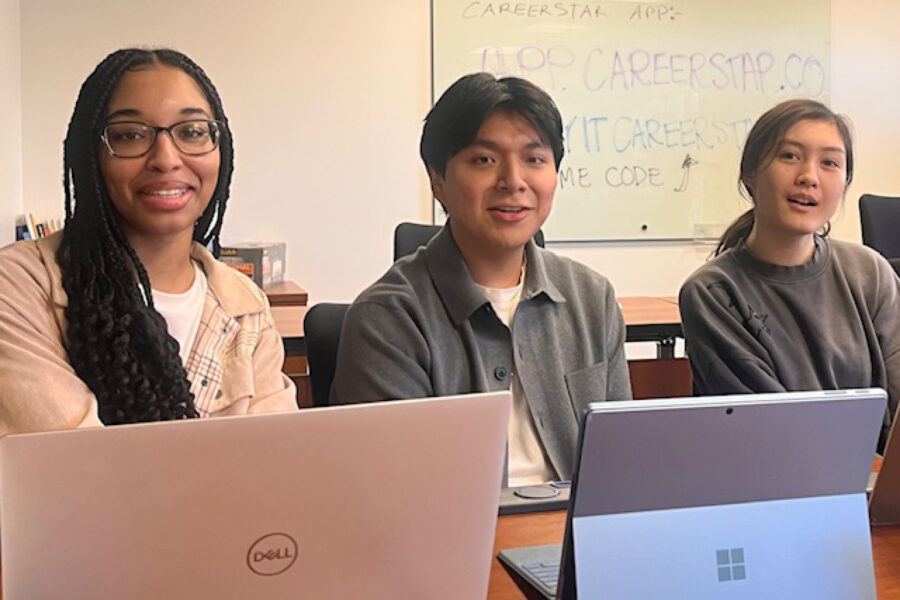
Students Propose Solutions to Commuting Challenges
On the heels of last fall’s efforts to solve commuting challenges, students in spring’s Data 101 course are turning ideas into action.
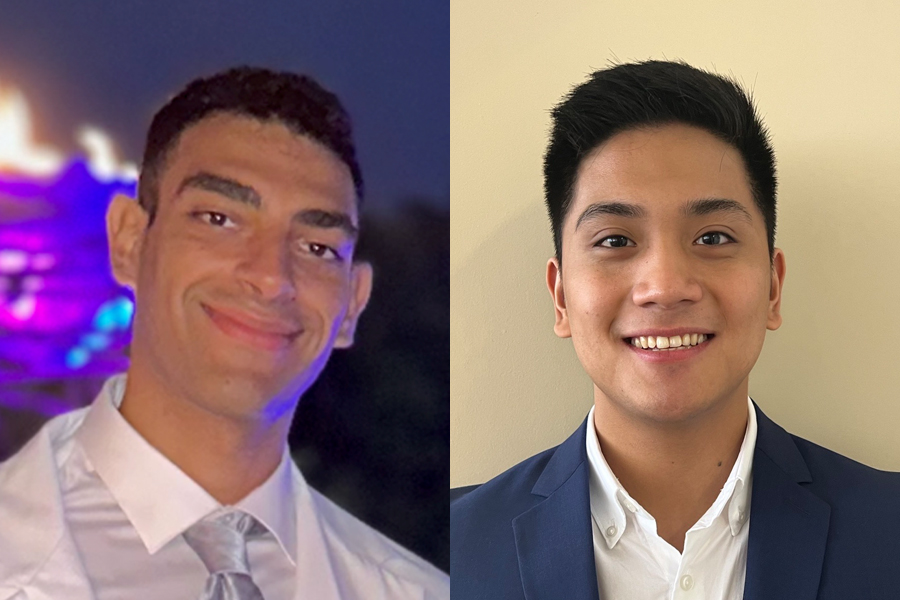
Using AI to Detect ECG Abnormalities
Student-led research uses artificial intelligence (AI) models to interpret abnormalities in electrocardiogram (ECG) test results.
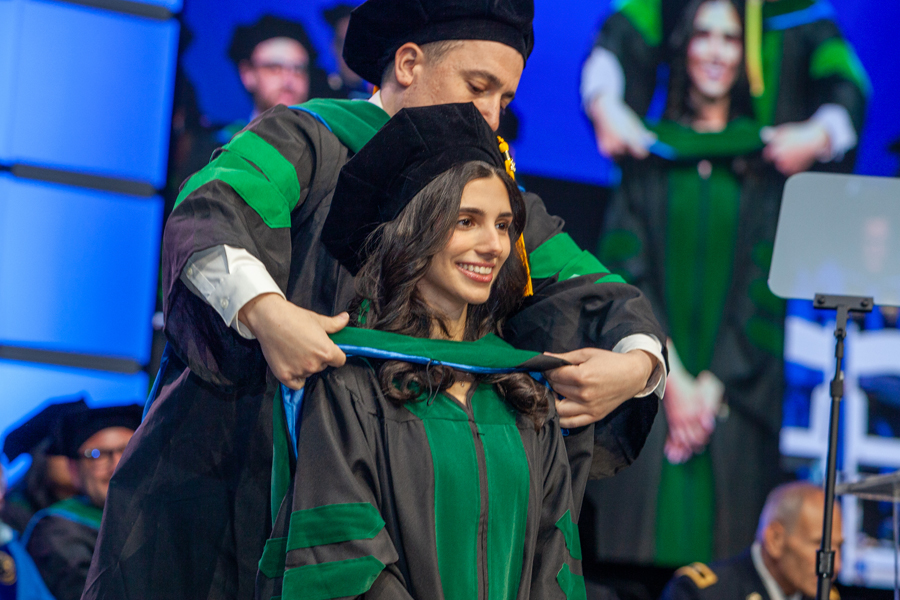
Hooding NYITCOM’s Class of 2025
At ceremonies in Old Westbury, N.Y., and Jonesboro, Ark., the College of Osteopathic Medicine (NYITCOM) ushered in more than 400 new physicians.
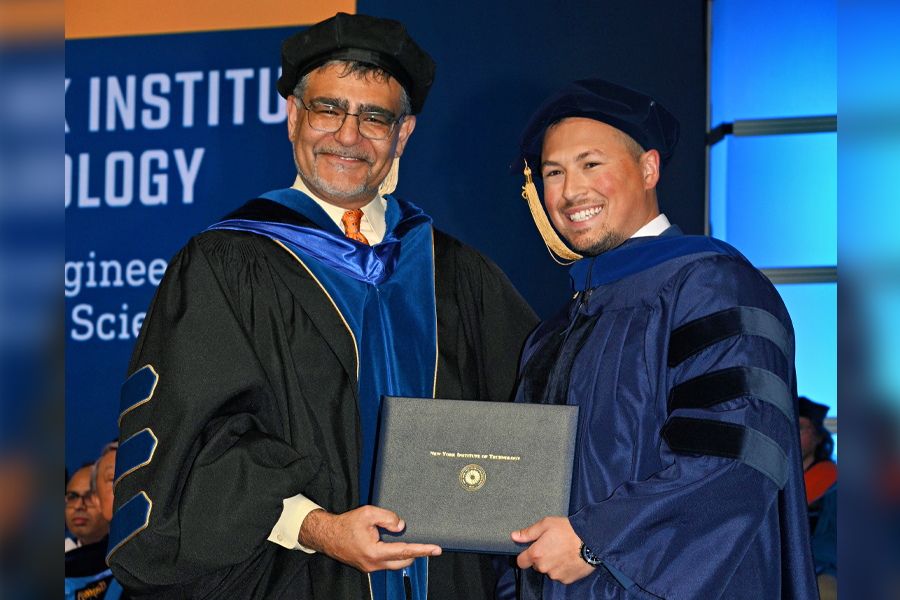
New York Tech’s First Engineering Ph.D. Candidate Graduates
Michael Kohler (M.S. ’22, Ph.D. ’25) earned a Ph.D. in Engineering, marking a pivotal moment for the College of Engineering and Computing Sciences.